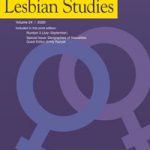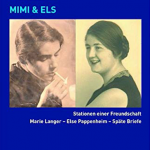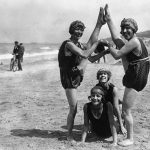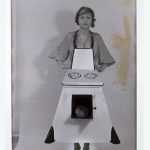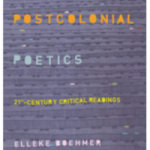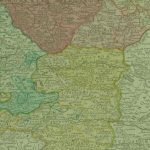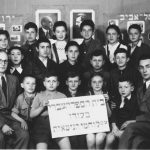American Society for Eighteenth-Century Studies: Organized Session at the 52nd ASECS Annual Meeting 2021 (Web)
Venue: Sheridan Centre Toronto
Time: 08.-10.04.2021
Proposals by: 15.09.2020
All times, eras and cultures have witnessed the rare occurrence of highly talented and extremely gifted children who displayed their genius at a very early age. Yet, it was in eighteenth-century Germany that the term ‚Wunderkind‘ (literally „wonder child“) first came into use to denote child prodigy. The expression ‚Wunderkind‘ alluded, of course, to the pre-modern conception of a divinely blessed child working wonders in the Biblical sense, but it now meant something entirely different and new:
A ‚Wunderkind‘ was seen as a prodigious natural talent whose innate capabilities were decisively enhanced by a wonderfully refined type of enlightenment education. Wolfgang Amadeus Mozart, for example, performed musical miracles because his father Leopold excessively trained him during his early childhood according to the standards of enlightenment pedagogy.
This session invites contributions examining both the educational methods and the fate of the grown up female wunderkind in the eighteenth century, between great learning prospects and obvious gender gaps: Girls like Marianne Mozart, Emilie Basedow or Dorothea Schlözer all displayed extraordinary talents when their fathers presented them to large audiences as ‚wonders‘ of learning – but their own high hopes ended in disappointment when they had to marry and live in provincial seclusion.
Kontakt: Jürgen Overhoff, WWU Münster, Institut für Erziehungswissenschaft, jover_01@uni-muenster.de
Quelle: H-Soz-Kult

